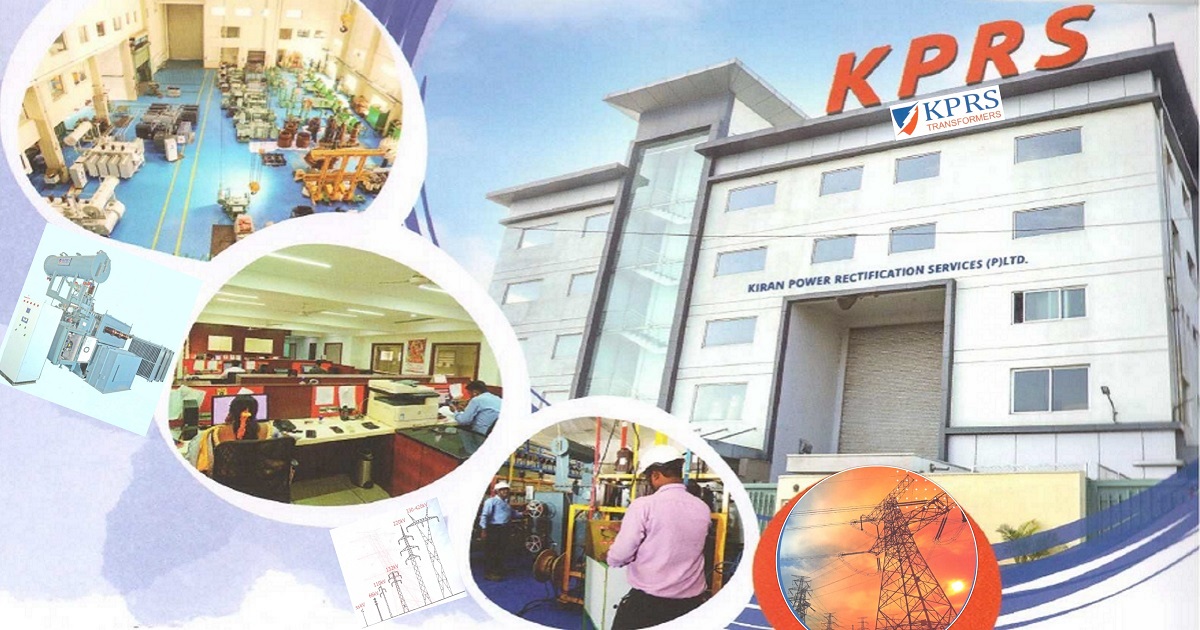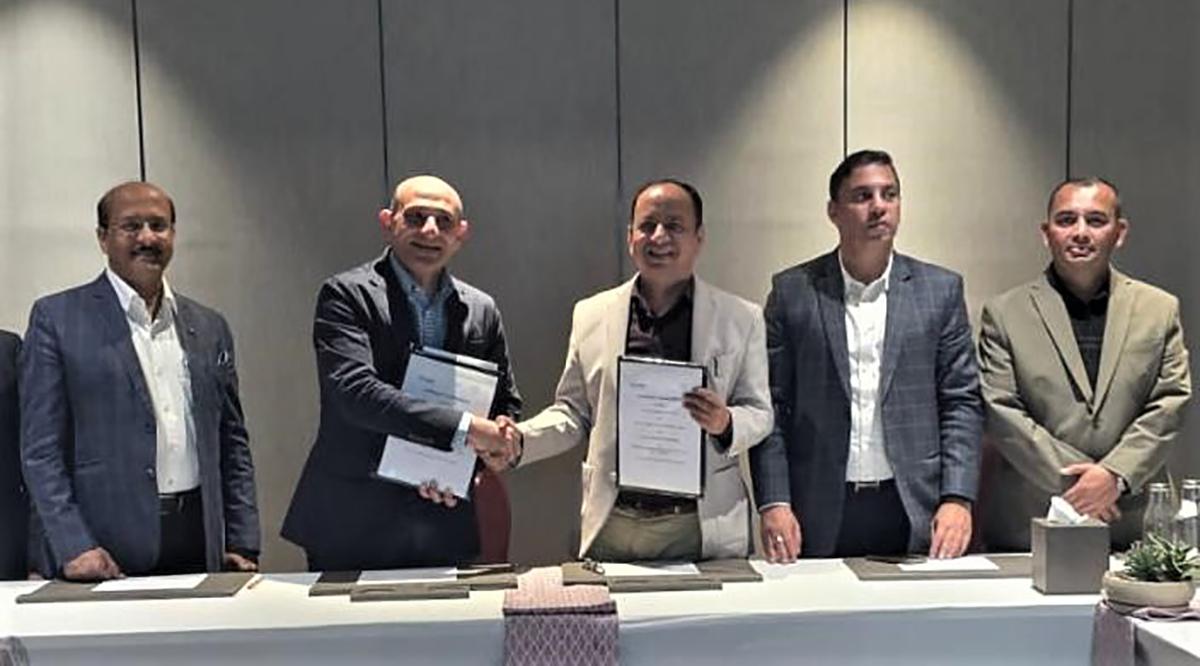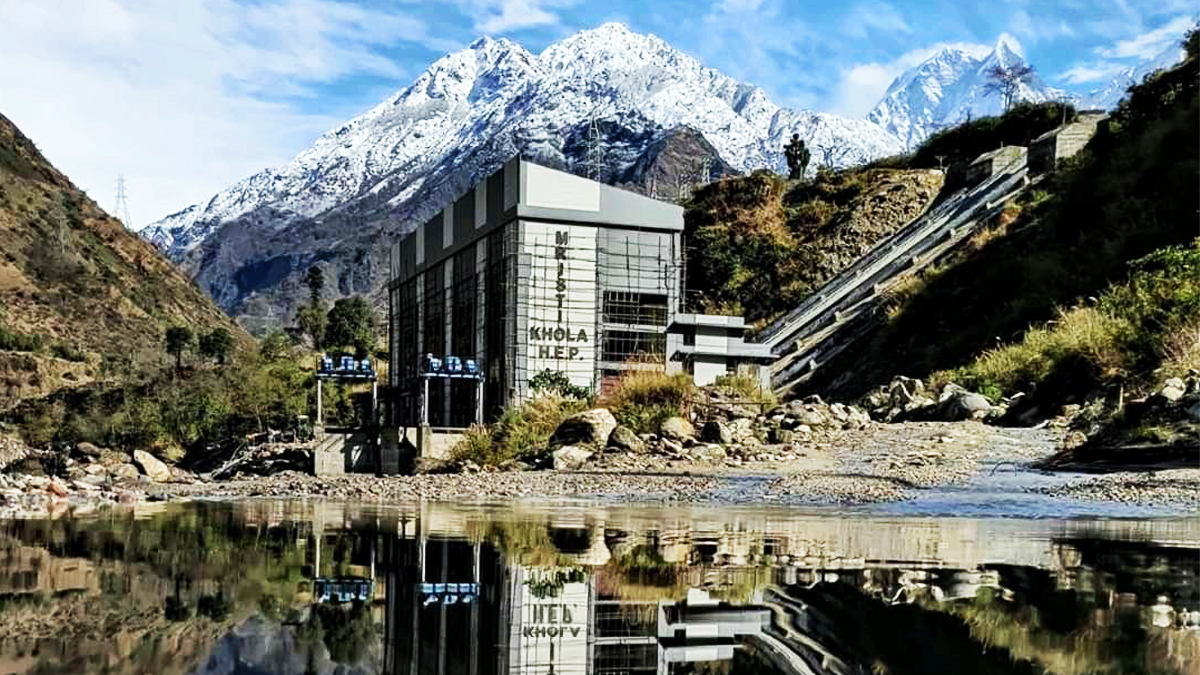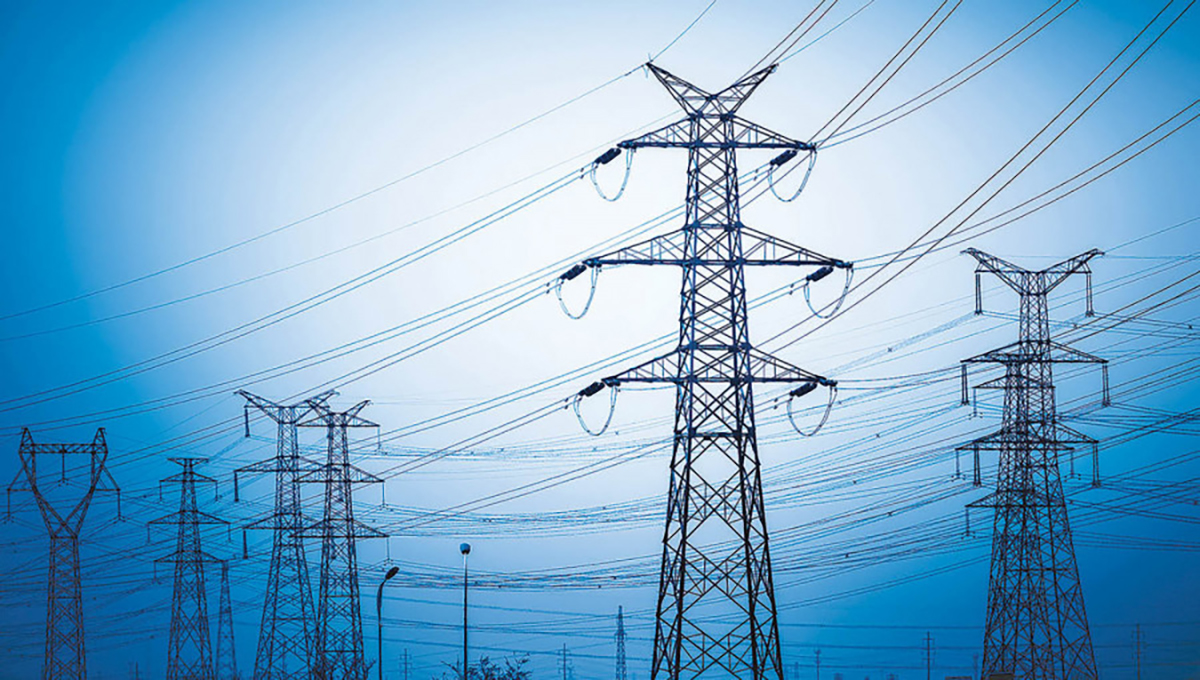Energy Update
Central bank declines NEA's call to freeze defaulters' accounts

Kathmandu : The Nepal Rastra Bank has decided not to freeze the bank accounts of 28 industrial firms that have failed to clear their dues to the Nepal Electricity Authority (NEA). NEA Managing Director Kulman Ghising had written to the central bank on November 27, urging action against the defaulting firms. This followed the Nepal government's decision on November 10 and a directive issued by the Electricity Regulation Commission on November 26 not to disconnect power.
The Electricity Regulatory Commission, on November 26, issued a directive advising the NEA against cutting off power to the firms. This prompted the NEA to reconsider its earlier decision. On November 10, a Cabinet meeting decided to continue the power supply to the firms whose connections had been cut off on October 24. The Cabinet decision, made public on November 12, also ordered the NEA to collect the dues from the firms within 15 days.

The industrial firms had been using electricity through dedicated feeders and trunk lines, even as ordinary people endured hours-long power cuts during the long load-shedding days in Nepal a few years ago. But the firms have been reluctant to clear the bills. After the government intervened to prevent the NEA from cutting off power to these firms, the authority took the unusual route of requesting the central bank to freeze their bank accounts. Despite receiving the email request from the NEA, the bank has not acted on it, said an NRB officer.
"Only the government or law enforcement agencies can make requests to freeze an individual's bank account. We are not authorised to freeze individual bank accounts with-out such a request," said Bhagawat Acharya, assistant information officer at the central bank. According to the officials of the NRB, there are three ways to suspend a bank account.

"The Electricity Authority wrote to the bank last month, urging action against 28 companies."
If a holistic investigation is conducted on the account bearer, all bank accounts under the banking system can be frozen. Particular bank accounts can also be frozen, and a certain amount of money deposited in a bank account can be frozen as well so that a certain amount cannot be with-drawn from the bank account.
"If we were to freeze the accounts as the authority requested, we would need to suspend all bank accounts of these industrialists. However, a provision allows the bank to exercise discretion when freezing bank accounts on which many people are dependent," an official at the central bank said.
"We are not sure how many people rely on the bank accounts belonging to the 28 firms." The officials added that suspending the bank accounts could disrupt various sectors. Bank officials said that once an account is frozen, the account cannot be operated without a legal request from the requesting authority. The Bank and Financial Institution Act 2017 article 110 mentions the conditions under which the Nepal Rastra Bank can freeze bank accounts.
In case of a request by an authorised officer investigating any offence; or to uphold national interests by preventing money laundering and terrorist financing, and controlling any corruption, organised crime, or possible offence that may be incurred in the transactions of banks and financial institutions.As no such charges were brought against the industrialists, the NEA request had no legal ground, said an NRB officer, on the condition of anonymity. "As the request was not made by a law enforcement agency, we are not compelled to act on it," the official said.
However, another NRB official, currently on forced leave, disputed this claim. "As the NEA's request aimed to recover government revenue, we can not dismiss the request as lacking in legal authority. But it is ultimately the bank's discretion whether to implement such a request," said the NRB officer. "It was also unclear whether the NEA board had approved the decision or it was an individual's decision."
Suresh Acharya, secretary at the Ministry of Energy, Water Resources and Irrigation, also a member of the Board of Directors of NEA, said that the board had not decided to freeze the industrialists' bank accounts.Likewise, the authority also wrote to the Office of the Company Registrar and Nepal Stock Exchange requesting the freezing of shares held by the defaulting companies and a halt on permissions to issue new shares.
A list of defaulting industrial firms has been sent to the authorities along with the requests. Jagdamba Steels owes the highest amount-Rs1.6 billion-in unpaid dues. Other major defaulters include Maruti Cement, Rs574.4 million; Arghakhanchi Cement, Rs448.4 million; and Reliance Spinning Mill, Rs753.6 million.
The power utility had previously cut electricity connections to these firms on October 24. However, following a pro- longed dispute between the government and NEA chief Ghising, the power sup ply was restored on November 12. This in turn followed a Cabinet meeting on November 10 that had directed the NEA to reconnect the industries' supply within 24 hours. The Cabinet also instructed the NEA to recover the dues within 15 days, based on the Time of Day (ToD) meter system.
Later, the government instructed NEA not to obstruct the power supply until a report on resolving the tariff dispute was submitted by a committee led by Professor Arbinda Mishra.
The Professor Mishra-led committee includes Shree Ram Pandey and Chartered Accountant Sujan Kaphle. The secretary at the Ministry of Energy, Water Resources and Irrigation, Acharya, said the committee is currently working on its report, which would soon be submitted to the government.
Source: The Kathmandu Post
Conversation
- Info. Dept. Reg. No. : 254/073/74
- Telephone : +977-1-5321303
- Email : [email protected]














